An elaborate, traditional Thanksgiving feast of velvety, buttery mashed potatoes, cornbread, cranberry sauce, pumpkin pie, and of course, turkey with stuffing. And a deeply satisfying food coma afterward. That’s how Thanksgiving usually unfolds for us in our gathering of family and friends.
This leads me to the first thought on giving thanks: Let’s start with being grateful for our food and encouraging our kids to follow suit.
There’s been ample discussion about picky eaters and how to get our kids to eat their veggies. We tell them not to waste food. That kids in Africa have so much less. My mother-in-law used to tell my husband that for every grain of rice he left uneaten, he’d grow a ghastly pimple. Well, we all have tricks to deal with picky eating, don’t we?
But how exactly do we make our kids understand that they should be grateful for having anything to eat at all? Nowadays, parents tend to let their kids reign at the table. You might say we give them too much control over their menu. But it wasn’t always so.
Get Your Kids Involved
As mummy Jenn Choi writes in an article for The Atlantic, “In the past, until about the mid-20th century, kids joined families in the kitchen, helping to prepare food, setting the table, clearing the table, and washing the dishes. Long ago…children even caught their family’s food.”
I’ve always advocated inviting children to help in the kitchen. My daughter, who is nearly 3 years old, loves washing rice and veggies. She’s a lot more enthusiastic about eating whatever she helps prep. It also gives her insight into all the work involved to get food on the table.
So for Thanksgiving dinner or regular meals, ask your kids to help you make food. When you take them grocery shopping, mention how much each item costs. At the cashier, hand your wallet to your kid and let them extract the bills to pay for the food. The physical act of doing this allows them to further grasp this reality: that one shouldn’t waste because everything has a price.
Then involve them in prepping and cooking, so that they’ll get a sense of what it takes to feed the family. I promise you, they’ll feel more grateful for the meal on the table. And as a bonus, watch their faces when you eat something that they cooked. When you say “Thank you for making this,” they’ll positively beam with pride.
Grateful Kids Become Happier Adults
Indeed, saying “Thank you” is one of the first things we teach our children when they begin to talk. It’s not just a form of being polite – it’s a way to show gratitude and even humility towards another human being.
But we tend to say “Thank you” more to strangers, aunties and uncles, friends, and people outside of our family, than to people within our own household. We might not bother voicing or expecting these notes of appreciation to and from our children or spouse as much.

Perhaps that ought to change. Let’s instill a spirit of thankfulness by setting an example, and thanking our little ones and dear husbands. Say thanks to your kid for picking up a dropped crayon, or sharing their toy with their sibling. Say thanks to your husband for handing you a glass of water.
It might feel a tad formal at first, but once you get the hang of it, everyone will be happier. Why? Because they’ll feel more appreciated, which will boost your overall household harmony.
At the dinner table, you could introduce a family tradition of having everyone take their turn saying one thing they’re thankful for. According to Christine Carter, Ph.D., author of Raising Happiness, “Grateful people are more likely to be both kind and helpful. Researchers have found that people who practice gratitude feel considerably happier” – by a significant 25%!
Carter posits that thankfulness is a skill that can be nurtured and cultivated. If you’re still wondering what the big deal is in teaching your kids to give thanks, consider this: Grateful children are more likely to grow into happier adults.
If what it takes is teaching them to see the beauty of everyday things and appreciate small moments and gestures – well, doesn’t that seem like a terrific deal?
Gratefulness in exchange for happiness. Sounds like a win-win to me.
By Jenny Tai.
This article was first published in The New Age Parents e-magazine.
* * * * *
Like what you see here? Get parenting tips and stories straight to your inbox! Join our mailing list here.
Want to be heard 👂 and seen 👀 by over 100,000 parents in Singapore? We can help! Leave your contact here and we’ll be in touch.












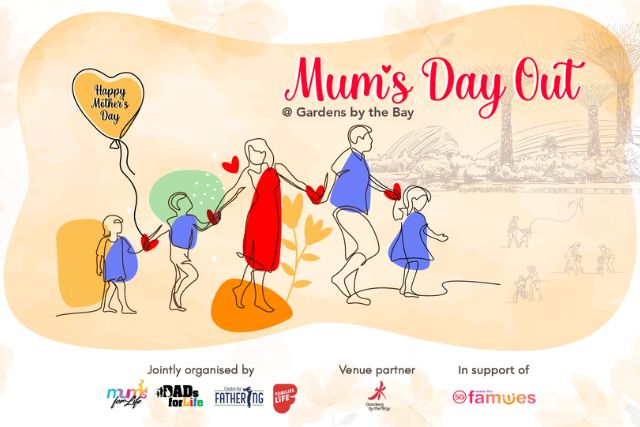


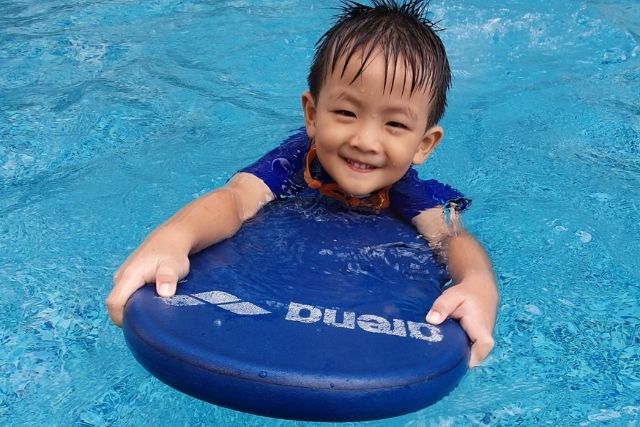






















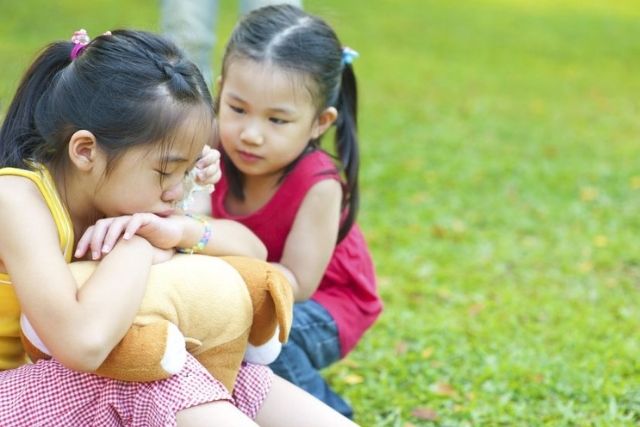
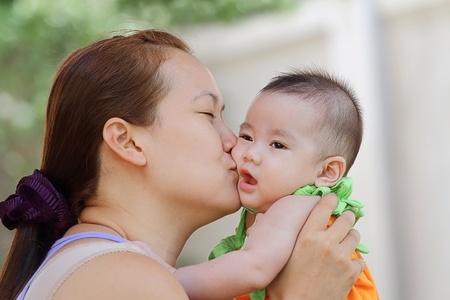
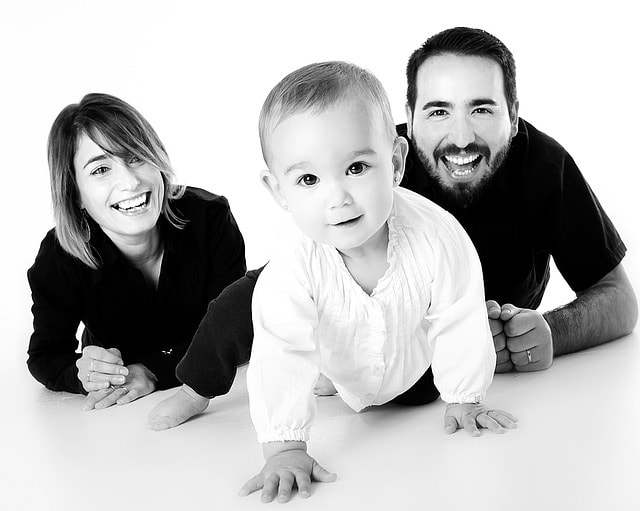



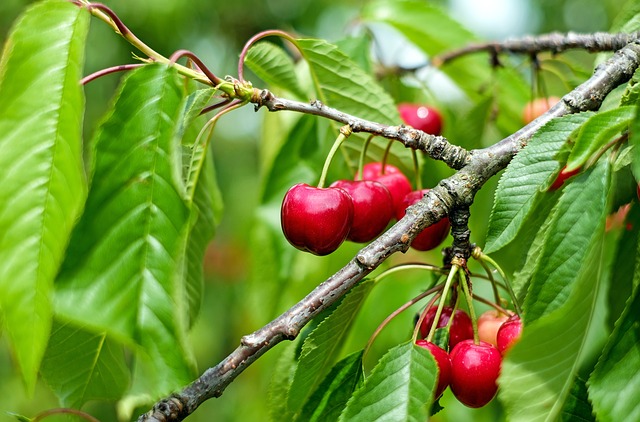


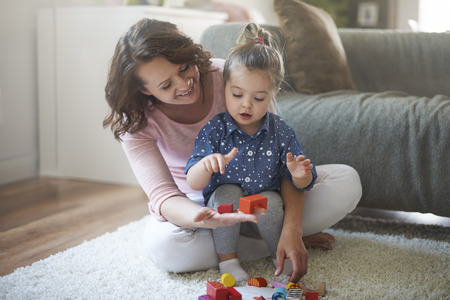


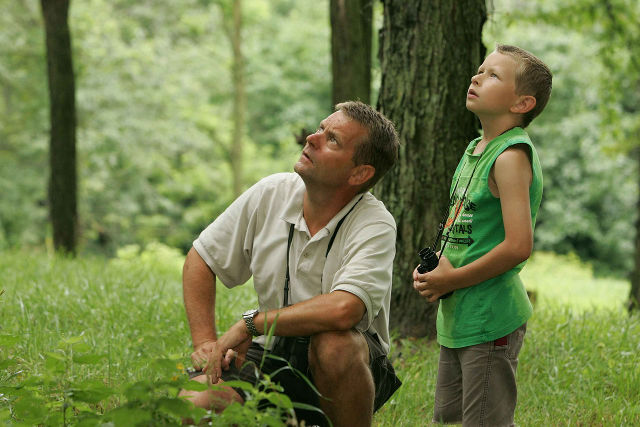









Leave a Comment: